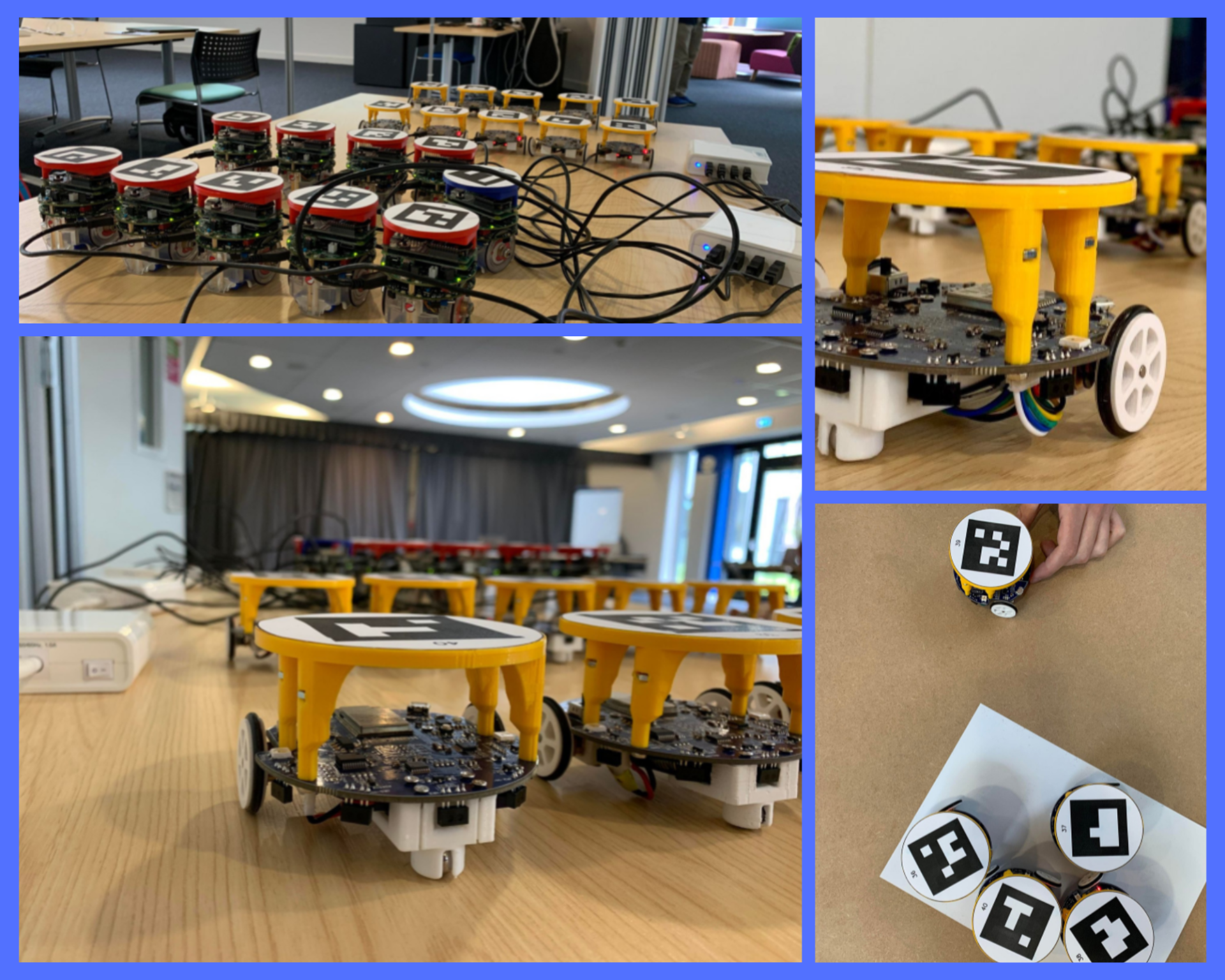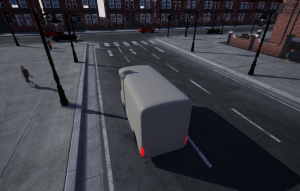It’s important for all fields to consider their environmental impact, and robotics doesn’t currently have a rich history of research into sustainability. In this recent paper Professor Rossiter, Dr Partridge and Dr Manzini, from our TAS Functionality Node, demonstrate their research into reducing the waste for soft robotics.
The need for soft bodies and actuators in this field leads to the use of large amounts of silicon, rubber and other elastomers, which isn’t normally recycled. In the paper the authors present a non-chemical process to recycle and reuse these elastomeric materials, which, as well as decreasing the amount the harmful waste, has the extra benefits of minimising the amount of new material needed and lowering costs. The material from old and broken soft actuators was ground into granules ranging from 1mm in diameter to 3mm in diameter and used to create new soft actuators without loss of function. Characterisation tests showed that although some functionality reduced with the percentage of recycled material, the silicone composites exhibited very comparable elastic properties to the pristine silicone.
The authors propose that these materials could then form a pipeline where every time they’re recycled they’re used in lower and lower risk applications. This technique could also help other fields reduce their waste.
Watch this short video to see the research in action:
Access the full paper: ReRobot: Recycled Materials for Trustworthy Soft Robots
And please do leave a comment – we’d love to hear from you!



